Celebrating Wetlands
To celebrate World Wetlands Day we would like to shine a light on the humble Mangrove Crab.
Mangrove crabs are actually a grouping of lots of different crabs, while each species has its own quirks, they are brought together by their ecological significance.
These wetland crabs are considered a ‘keystone species’ - that means they are critical to an ecosystem, disproportionate to their numbers. Without keystone species, ecosystems would be dramatically different, or cease to exist.
Put simply, ecosystems rely on these species.
The Mangrove crab plays many roles in the ecosystem and even their poo is integral to the ecosystems where they live.
They help stir up organic matter from sediment layers and their burrows in the mud help aerate (give oxygen) to the soil layers below.
By adding oxygen to the ground, they remove toxic build ups of sulphur and ammonia, which allows plants and small creatures in the wetlands to thrive.
They are also a food source for many vulnerable wetland species, including the Crab Plover, a long-legged bird with a taste for crabs.
Mangrove crab poo is really important, and has been found to create a coprophagous food chain all on its own. That means that whole networks of animals rely on the poo of these crabs for their own life cycles.
